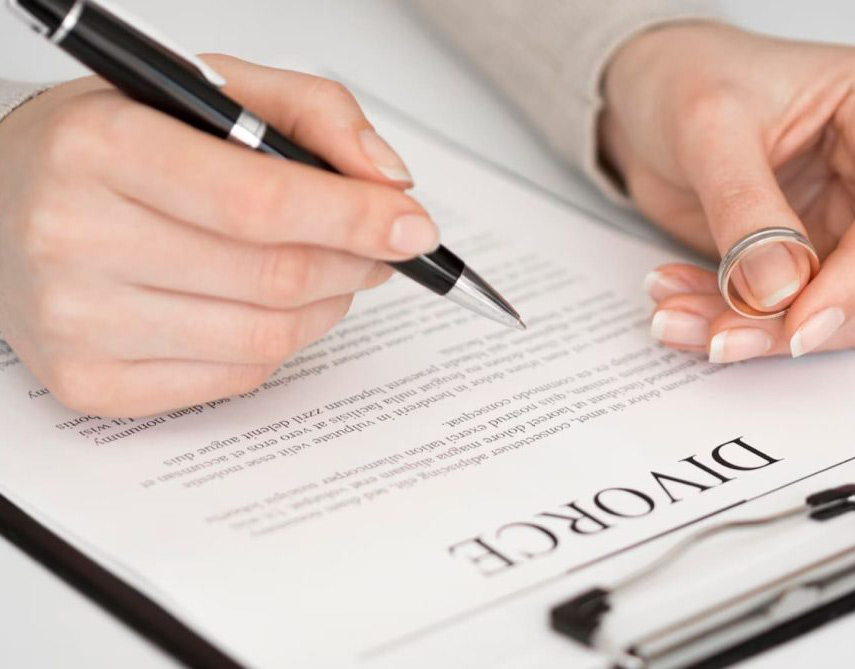What Is a Bail Hearing Under Ontario Law?
A bail hearing is a court proceeding where a judge or justice of the peace determines whether an accused person should be released from custody while awaiting trial. Bail is granted based on several factors, including the severity of the charges, the accused’s criminal history, and the likelihood of them appearing in court.
Key Considerations in a Bail Hearing
- Primary Grounds: Ensuring the accused will attend future court dates.
- Secondary Grounds: Assessing whether the accused poses a risk to public safety.
- Tertiary Grounds: Evaluating whether releasing the accused would negatively impact public confidence in the justice system.
- Bail Conditions: Restrictions such as curfews, travel bans, or no-contact orders that may be imposed upon release.
Your Rights During a Bail Hearing
If you are facing a bail hearing, you have important legal rights, including:
- Presumption of Innocence: You are innocent until proven guilty beyond a reasonable doubt.
- Right to Legal Representation: You have the right to consult with a lawyer before making any statements.
- Right to a Fair Hearing: You can present evidence, call witnesses, and challenge the prosecution’s case.
- Right to Bail (in Most Cases): Under Section 11(e) of the Canadian Charter of Rights and Freedoms, bail should not be denied without just cause.
Why Choose Kozyrev Law P.C. for Bail Hearings?
Skilled and Strategic Legal Defense
Our legal team has successfully represented clients at numerous bail hearings in Toronto. We understand the importance of securing release and will fight for the least restrictive bail conditions possible.
Personalized Bail Plans
We develop customized bail strategies that address the court’s concerns, including:
- Proposing responsible sureties (people who supervise the accused’s compliance with bail conditions).
- Presenting evidence of strong community ties, employment, and a stable living situation.
- Negotiating reasonable bail conditions to prevent unnecessary restrictions.
Thorough Preparation
We conduct a detailed review of your case, including:
- Examining the prosecution’s evidence.
- Gathering supporting documents from family, employers, and community members.
- Preparing sureties for their role in the bail process.
Aggressive Court Representation
Whether arguing for your release or negotiating conditions with the Crown, we fight aggressively to protect your rights and freedom.
Steps in the Bail Hearing Process
Step 1: Initial Consultation
During your consultation, we will:
- Review the charges against you.
- Assess the strength of the prosecution’s case.
- Develop a strong bail plan.
Step 2: Preparing for the Bail Hearing
We will collect and analyze key evidence, including:
- Personal history and community ties.
- Surety information and financial records.
- Potential risks and mitigation strategies.
Step 3: Arguing for Release
At the bail hearing, we will present a compelling case for your release by:
- Challenging the prosecution’s arguments.
- Demonstrating that you are not a flight risk or a danger to the public.
- Offering strong sureties and reasonable conditions.
Step 4: Post-Bail Compliance
If bail is granted, we will ensure you understand and comply with all conditions to avoid further legal issues.
Challenges in Bail Hearings
Serious Criminal Charges
Bail is more difficult to obtain for certain offenses, including:
- Violent crimes (assault, robbery, firearm offenses).
- Repeat offenses or breaches of previous bail conditions.
Flight Risk Allegations
The Crown may argue that the accused is unlikely to return for court proceedings. We counter this by:
- Demonstrating strong community ties.
- Providing evidence of employment and stable housing.
- Proposing responsible sureties.
Risk to Public Safety
If the Crown claims that the accused poses a risk, we:
- Present evidence of good character and non-violent history.
- Offer conditions such as electronic monitoring or supervision.
- Provide rehabilitation or counseling options.
Frequently Asked Questions About Bail Hearings
What Happens If Bail Is Denied?
If bail is denied, the accused will remain in custody until trial. However, an appeal (bail review) can be filed to challenge the decision.
Who Can Act as a Surety?
A surety is a person who takes responsibility for ensuring that the accused complies with bail conditions. They must:
- Be a Canadian citizen or permanent resident.
- Have no criminal record (in most cases).
- Show financial stability.
Can Bail Conditions Be Changed?
Yes, bail conditions can be modified through a bail variation application if circumstances change.
What Happens If Bail Conditions Are Violated?
Breaching bail conditions can result in additional charges and possible revocation of bail, leading to detention until trial.
Protecting Your Rights in a Bail Hearing
- Seek Legal Counsel Immediately: Contact a lawyer as soon as possible to prepare for your bail hearing.
- Prepare Sureties in Advance: Ensure your sureties understand their responsibilities.
- Follow All Court Orders: Adhering to bail conditions is crucial for maintaining your release.
- Avoid Self-Incrimination: Do not discuss your case with anyone other than your lawyer.
Contact Kozyrev Law P.C. Today
If you or a loved one is facing a bail hearing in Toronto, Kozyrev Law P.C. is here to help. Our experienced legal team will fight for your release and provide strong, compassionate support every step of the way.
Phone: (416) 900-0933
Email: info@kozyrevlaw.ca
Location: Serving clients across Toronto and the Greater Toronto Area
Take the first step toward securing your freedom. Contact Kozyrev Law P.C. today for a free consultation and let us help you through this critical process.




